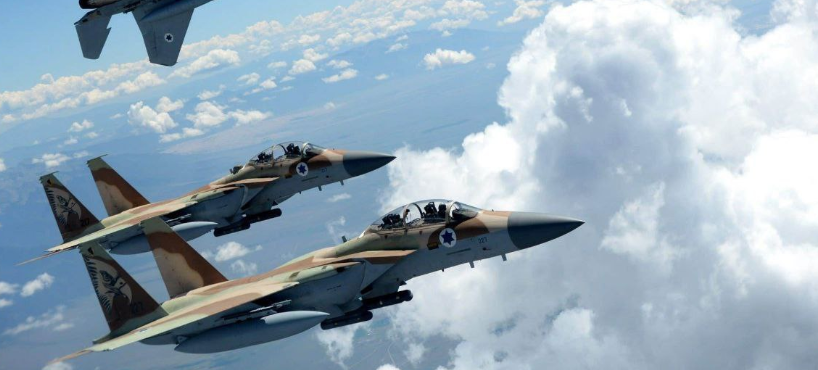In the heavy air of Beirut, Friday’s strike felt like more than just an explosion—it struck at something deep, something tangled in years of violence and history. Ibrahim Aqil, a name well-known in the shadows, was among those hit—his death shaking Hezbollah’s core. They say he had his hands in plans to invade northern Israel, and that’s why the strike was aimed where it was. Aqil wasn’t just any man, though. His life had been marked by blood—a figure tied to the 1983 U.S. Embassy bombing in Beirut, where 63 lives were lost in a cruel flash of violence. For years, the U.S. had kept a bounty on his head—$7 million for the man, dead or alive.
BREAKING: MASSIVE AIR STRIKE ALERT
ISRAELI AIR FORCE UNLEASHES FURY ON HEZBOLLAH
65+ AIRSTRIKES IN 15 MINUTES!
Southern Lebanon under attack as Israeli forces target Hezbollah strongholds.
Israel #Lebanon #Hezbollah
$CATS #IsraelTerroristState pic.twitter.com/XjMRMZvfS5— Simi 🍁 (@Simran__Thakur) September 20, 2024
The border and the surrounding area was never quiet after this incident. Frequent and forceful exchanges of rockets started. While 120 of them, fired from Lebanon into the north of Israel, Israel’s response came swift—counterstrikes raining down on Hezbollah’s positions across southern Lebanon. Each blow felt like a conversation in a language no one wants to speak, but can’t stop using.
🚨🇮🇱🇱🇧IDF JETS STRIKE HEZBOLLAH TARGETS IN SOUTHERN LEBANON
IDF jets struck more than 10 Hezbollah rocket launchers and other infrastructures across southern Lebanon a short while ago.
The military says the targets had “posed a threat to Israeli civilians.
The strikes were… pic.twitter.com/Hgljc0gd6z
— Mario Nawfal (@MarioNawfal) September 5, 2024
In the aftermath, the numbers came in cold: 14 dead, 66 wounded. The rubble still smoking, rescue teams picking through the wreckage in the Jamous neighborhood—where once there were homes, now only dust and twisted steel. Beirut has known this before, though it never becomes easier to see.
Beyond the cracking sounds of bombs and rockets, the global leaders began their calls for peace— words that have been spoken before, many times. The U.S. tried to thread the needle, urging Israel to defend itself but asking both sides to step back from the edge. Over in Europe, Macron and Lammy echoed the feelings—negotiation, not destruction, they pleaded. It’s that age-old fear… that this might be the moment when a spark lights a much larger fire, one that drags everyone into the flames.
The Israeli Air Force successfully conducted an airstrike on Beirut, reportedly using an F-35 fighter jet. An Israel Defense Forces spokesman confirmed the strike on Lebanon.
According to Israeli media, the target of the operation was Hezbollah commander Ibrahim Aqil, for whom… pic.twitter.com/1nGWpHjD9I
— The Jewish Voice (@TJVNEWS) September 20, 2024
And yet, the border holds its breath—tense, waiting. Israel and Lebanon, two sides of a thin line, both unwilling to blink first. The air doesn’t cool, not yet, and the future feels heavy with what might come next. The situation is never calm and quiet and the future is a very insecure for the cross border area, as no one knows what is coming next.
Major Points
- Ibrahim Aqil, a key Hezbollah figure, was killed in a targeted strike, shaking the group’s core and reigniting old tensions.
- Aqil, tied to the 1983 U.S. Embassy bombing, had a $7 million bounty on his head for decades, linked to plans for invading northern Israel.
- In retaliation, 120 rockets were fired from Lebanon into Israel, prompting swift Israeli counterstrikes against Hezbollah positions.
- The violence left 14 dead and 66 wounded in Beirut, as rescue teams combed through the wreckage of the Jamous neighborhood.
- Global leaders, including U.S. and European officials, urged for de-escalation, fearing the conflict might spiral into a wider regional crisis.
James Kravitz – Reprinted with permission of Whatfinger News



